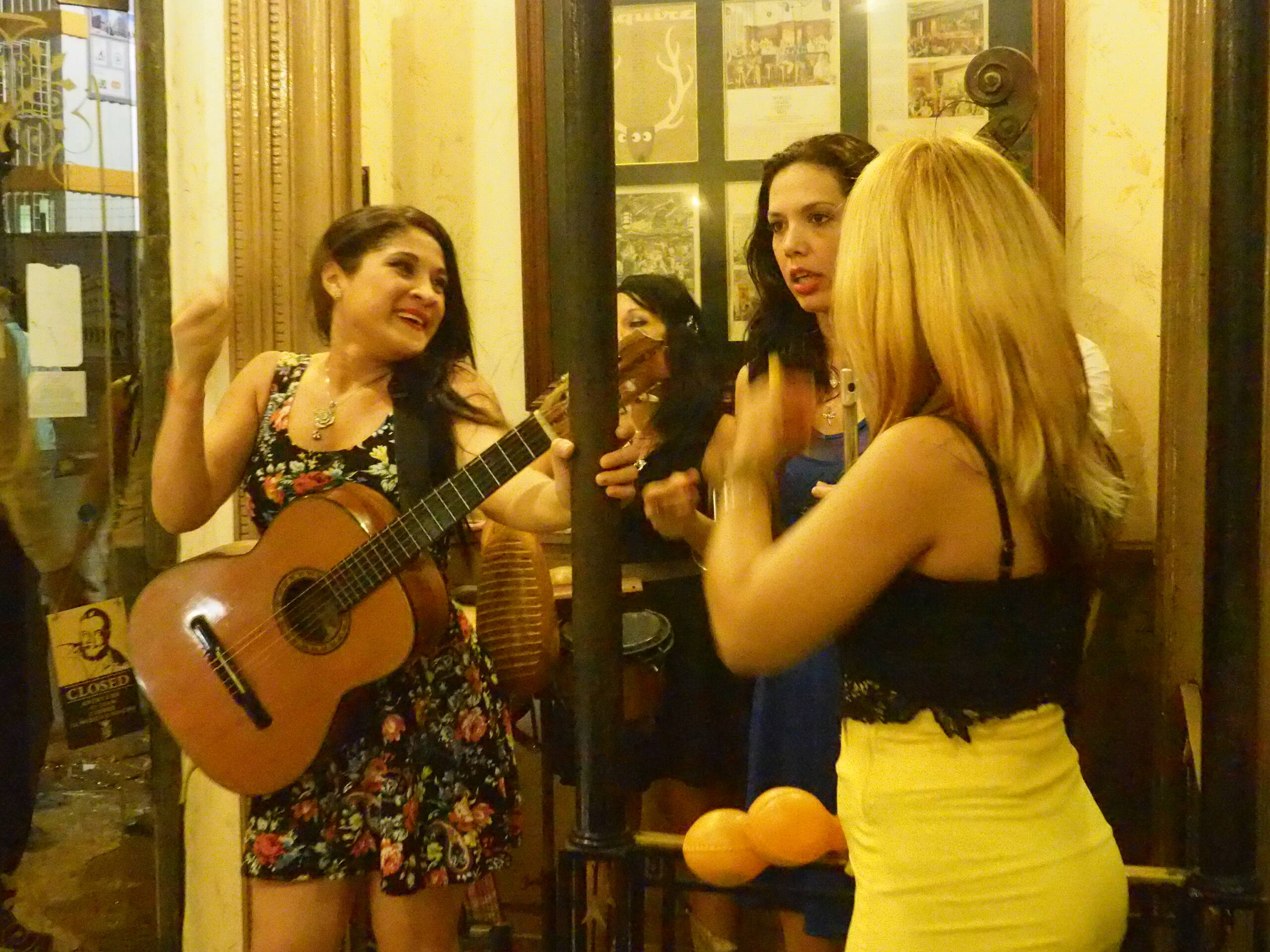這一天我在蘇黎世的一家私家醫院探望一位朋友的繼父。趁著幾天空閑飛往蘇黎世,也就跨年了。我與朋友至少8年未見了。約好他去機場接了我住他家裏,可是航班太晚,影響他和家人,於是我訂了離他家不遠的酒店。次日他帶著女兒與我在酒店共進早餐,我才想起這家酒店在2003年住過,他那時剛剛回到蘇黎世。餐後我們帶上他的兒女去買甜點帶去醫院,我堅持要買花帶上。到了醫院病房,他繼父在輪椅上坐著,看起來狀態疲憊,可是那雙眼睛卻顯得精神。
我那時去他家跟他打乒乓球,他記得我。不一會,朋友的生父到了,接著朋友的妻子也來了。大家準備甜點,插好花,放著音樂邊吃邊聊。病房裏的氛圍不像醫院那樣,卻像在家開party。事前朋友告訴我,繼父活不了多久的時候,我想象到的場景與眼前的不同。他喂繼父吃甜點,跟他説笑,不斷用手撫摸他的臉頰。他生父與他一起有説有笑。生父與繼父15嵗就認識了,并且成爲很好的朋友,後來的事就是故事了。眼前的景象令我動容,他們在一起是那麽地充滿愛,那麽多的話語和擁抱。朋友妻子說,他丈夫每天到醫院看望繼父,生父也經常來,他們親密無間。離開醫院后我想了很多,2024年的最後一天讓我難忘的事就是人間的愛到底是什麽?愛應該如何表達?如果我們的文化中以含蓄為藉口,而不願坦白地表達愛,那麽被愛的人如何體會到愛。人間的愛不是用來藏在内心的,而是應該以語言和行爲表現出來,因爲愛沒有錯,它不應被看成對與不對。每個人都有愛與被愛的權利,每個人都應將愛表達出來,人生才不會有遺憾。
蘇黎世湖旁的酒店裏,打開一扇窗,清新的冷空氣迅速竄進屋内。清晨時分,湖面籠罩著淡淡的霧氣。我坐在窗前的椅子上繼續思索醫院裏的那一幕。我在反思自己的行爲,以及過往我的思維方式。在大多數情況下,我不善於表達愛,堅信愛是可以被感知的,持之以恆的愛一定會通過大大小小的實際事件的結果被他人感受到,而非語言那麽虛無的東西去描述。為被愛的人做事,盡心盡力,不論奉獻的是時間還是金錢,踏踏實實的總比只說不做好吧。這樣的愛沒有錯,只是往往忽視了被愛的人的互動,語言往往可以讓行爲更加生動,讓被愛的人觸動深刻。繼父每天跟兒子聊一會兒,手與手緊握,被兒子撫摸臉頰,他心裏一定被愛充實,他的細胞會更加賣力地激活,他因此能夠眼神精神矍鑠。我們要離開病房的那一刻,他繼父突然叫住我說,“Austin,我會在這裏住下去的,你下次來不一定見到我。”我眼淚差點流出來,我告訴他,醫生説了一周後就可以轉院回復性療養,下次來我陪他打乒乓。其實他知道自己的生命已接近終點,他在用一種方式與我告別。
在一個人生命終結前,他對於來自親人和朋友的愛是如何理解的?在他知道生命倒數時,他是否會覺得這樣的愛很奢侈。我就是這樣凝神望著湖面,然後拍下一張畫面,寫道,“在盲人看來,一切都是美好的。”
表達了愛被接受,是人世間最完美的愛。表達了愛卻未被接受,只是一種遺憾罷了,而愛了卻未表達或者來不及表達,那才是人世間最大的遺憾。

On this day, I visited a friend’s stepfather at a private hospital in Zurich. I took advantage of a few days off to fly to Zurich, coinciding with the New Year. It had been at least eight years since I last saw my friend. We had arranged for him to pick me up from the airport and stay at his home, but my flight was too late, affecting him and his family, so I booked a hotel near his house. The next day, he brought his daughter to join me for breakfast at the hotel, and I suddenly remembered that I had stayed at this hotel in 2003, just when he had returned to Zurich. After breakfast, we took his children to buy desserts to bring to the hospital, and I also insisted on buying flowers.
Upon arriving at the hospital room, I saw his stepfather sitting in a wheelchair, looking fatigued, but his eyes sparkled with spirit. I remember when I used to go to his house to play table tennis; he still remembered me. Before long, my friend’s biological father arrived, followed by my friend’s wife. Everyone prepared the desserts, arranged the flowers, and played music while eating and chatting. The atmosphere in the hospital room felt less like a hospital and more like a home party. My friend had told me beforehand that his stepfather didn’t have long to live, and the scene before me was different from what I had imagined. He fed his stepfather desserts, joked with him, and constantly stroked his cheek. His biological father was also joking and laughing with him. They had known each other since they were 15 and had become very good friends, and the subsequent events became a story of their own.
The sight moved me; they were so full of love, sharing so many words and embraces. My friend’s wife said that her husband visited his stepfather every day, and the biological father often came too; they were very close. After leaving the hospital, I reflected a lot. The most unforgettable thing about the last day of 2024 was pondering the essence of human love. How should love be expressed? If our culture uses subtlety as an excuse and refuses to openly express love, how can loved ones truly feel that love? Human love is not meant to be hidden in the heart; it should be expressed through words and actions because love is not wrong; it should not be seen as right or wrong. Everyone has the right to love and be loved, and everyone should express their love; otherwise, life will have regrets.
In the hotel by Lake Zurich, I opened a window, and the fresh cold air rushed into the room. In the early morning, a light mist covered the lake’s surface. Sitting in a chair by the window, I continued to ponder the scene in the hospital. I reflected on my behavior and my past ways of thinking. In most cases, I am not good at expressing love, firmly believing that love can be sensed — that enduring love will surely be felt by others through the results of various actions rather than being described by words that seem so insubstantial. Doing things for loved ones, wholeheartedly, whether the contribution is time or money, seems more solid than merely speaking empty words. This kind of love is not wrong, but it often neglects the interaction of those being loved; words can make actions more vivid and deeply touch those who are loved. The stepfather chatted with his son every day, holding hands, and being stroked on the cheek; he must have felt filled with love in his heart, and his cells activated more vigorously, which is why his eyes sparkled with spirit. Just as we were about to leave the hospital room, his stepfather suddenly called out to me, saying, “Austin, I will be staying here; you might not see me next time you come.” Tears nearly came to my eyes, and I told him that the doctor said he could be transferred for rehabilitation in a week, and I would accompany him to play table tennis next time. Deep down, he knew that his life was nearing its end, and he was bidding farewell to me in his way.
How does a person understand the love from family and friends at the end of their life? When they realize their time is limited, do they perceive such love as extravagant? I gazed intently at the surface of the lake and then took a picture, writing, “To a blind person, everything is beautiful.”
The most perfect love in the world is when love is expressed and accepted. When love is expressed but not accepted, it is merely a regret. However, love that is felt but not expressed, or cannot be expressed in time, is the greatest regret of all.

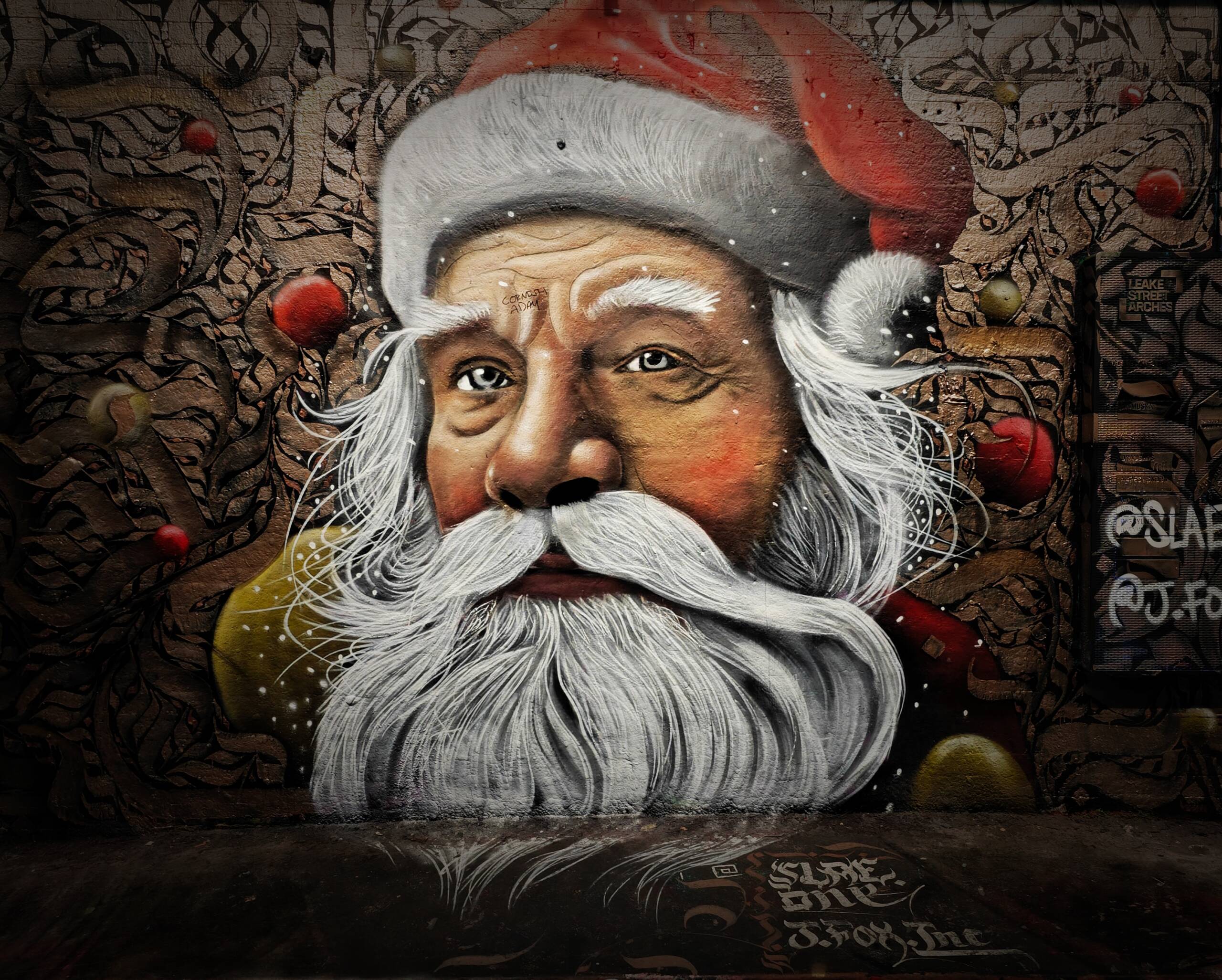
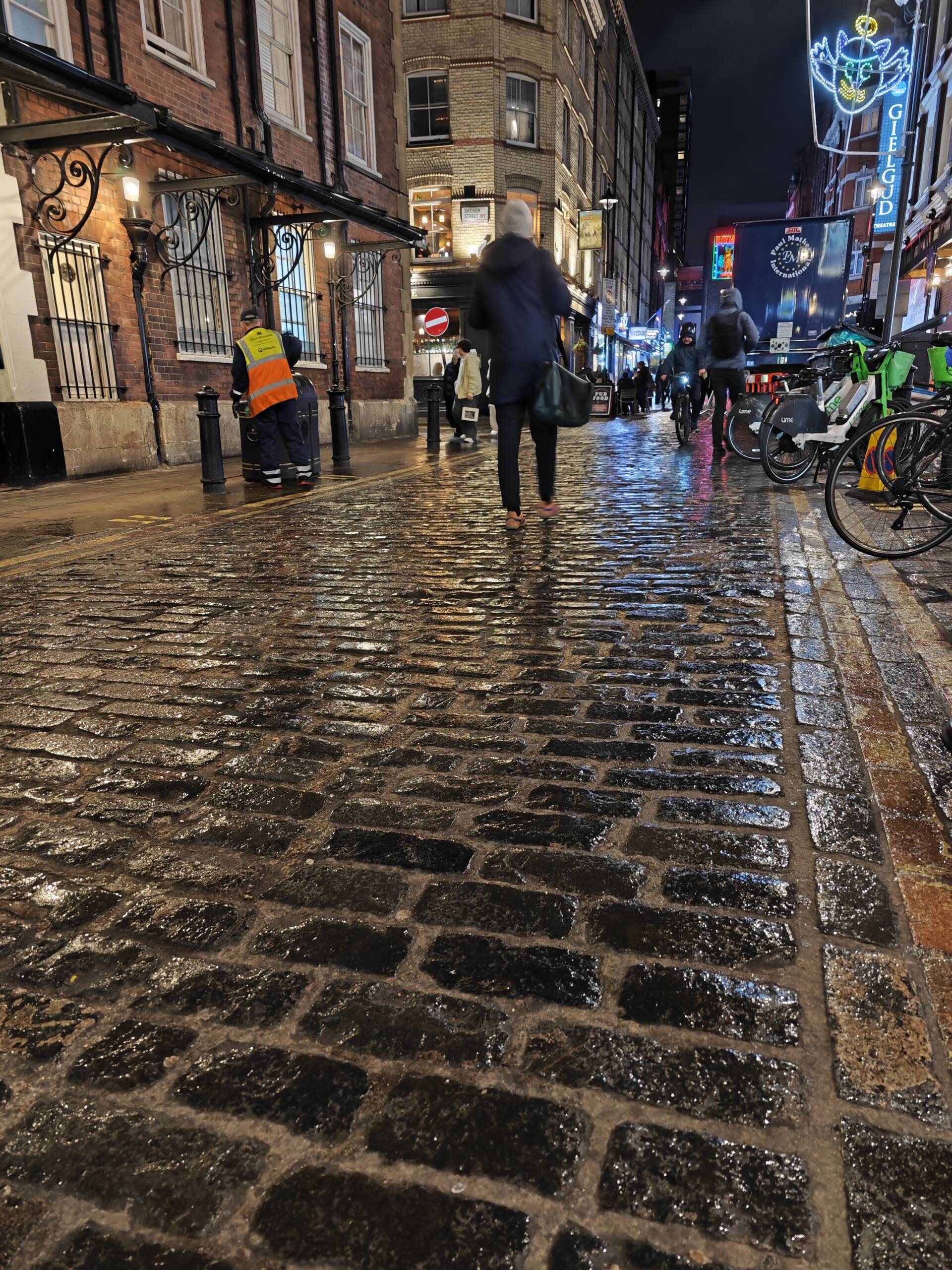

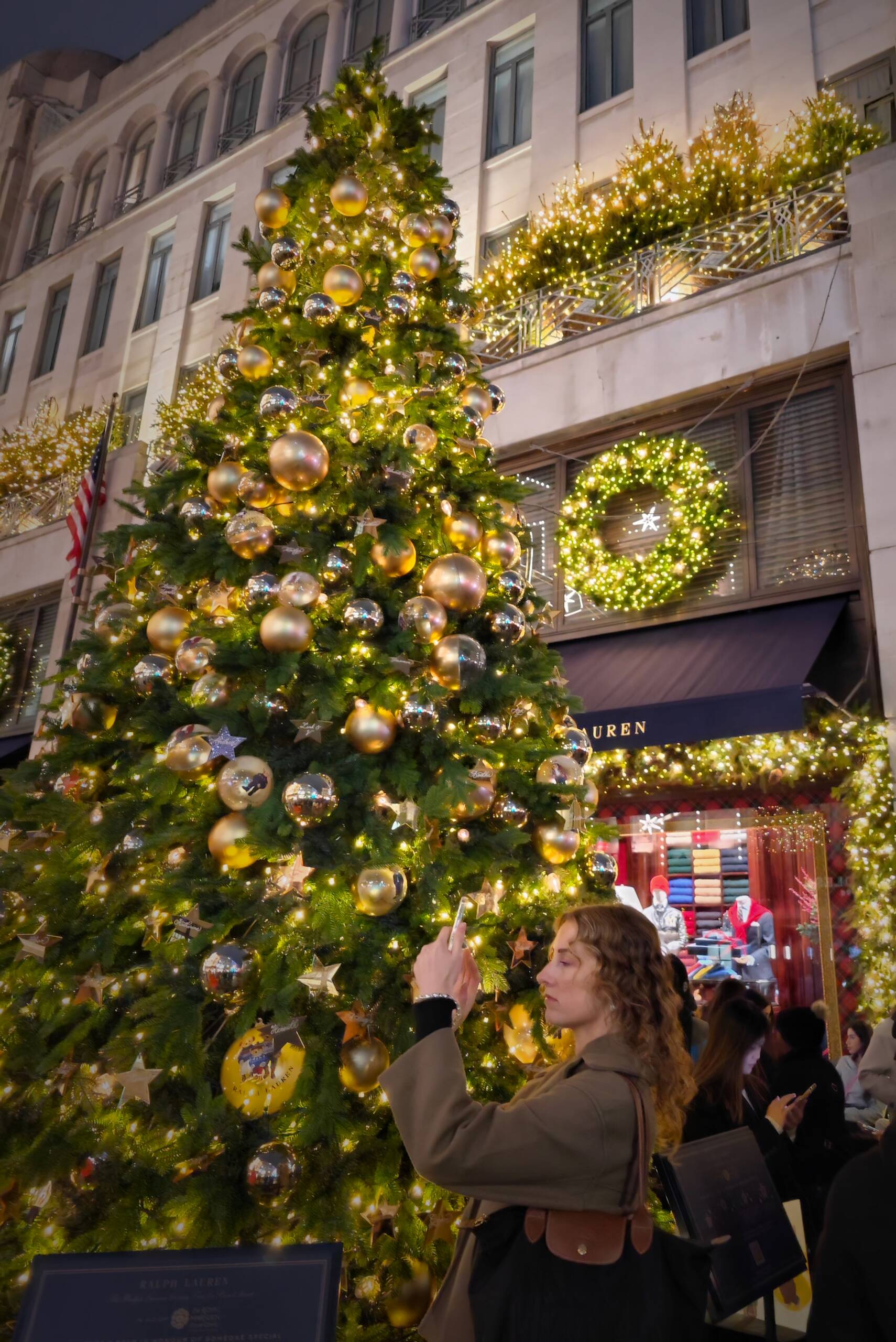
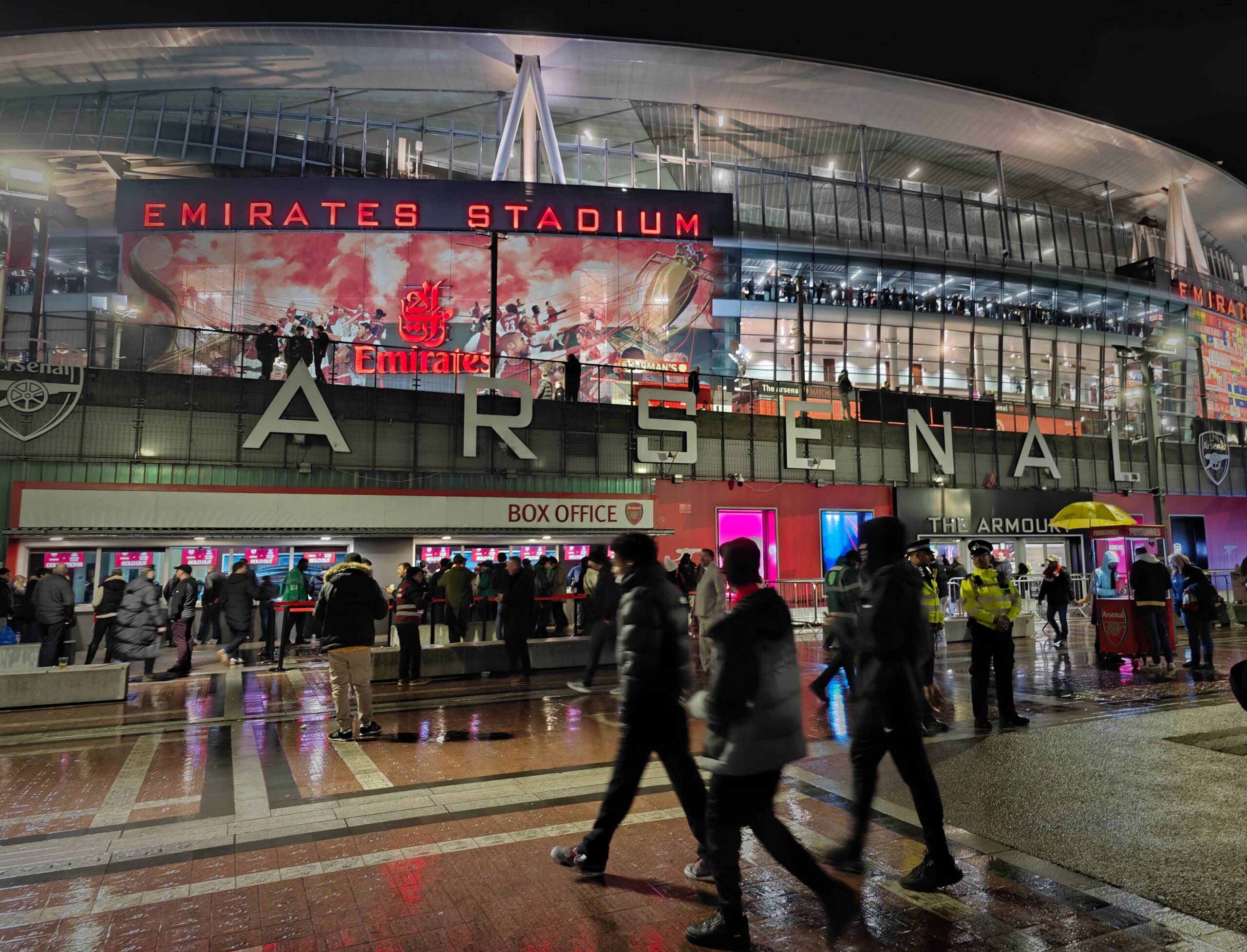
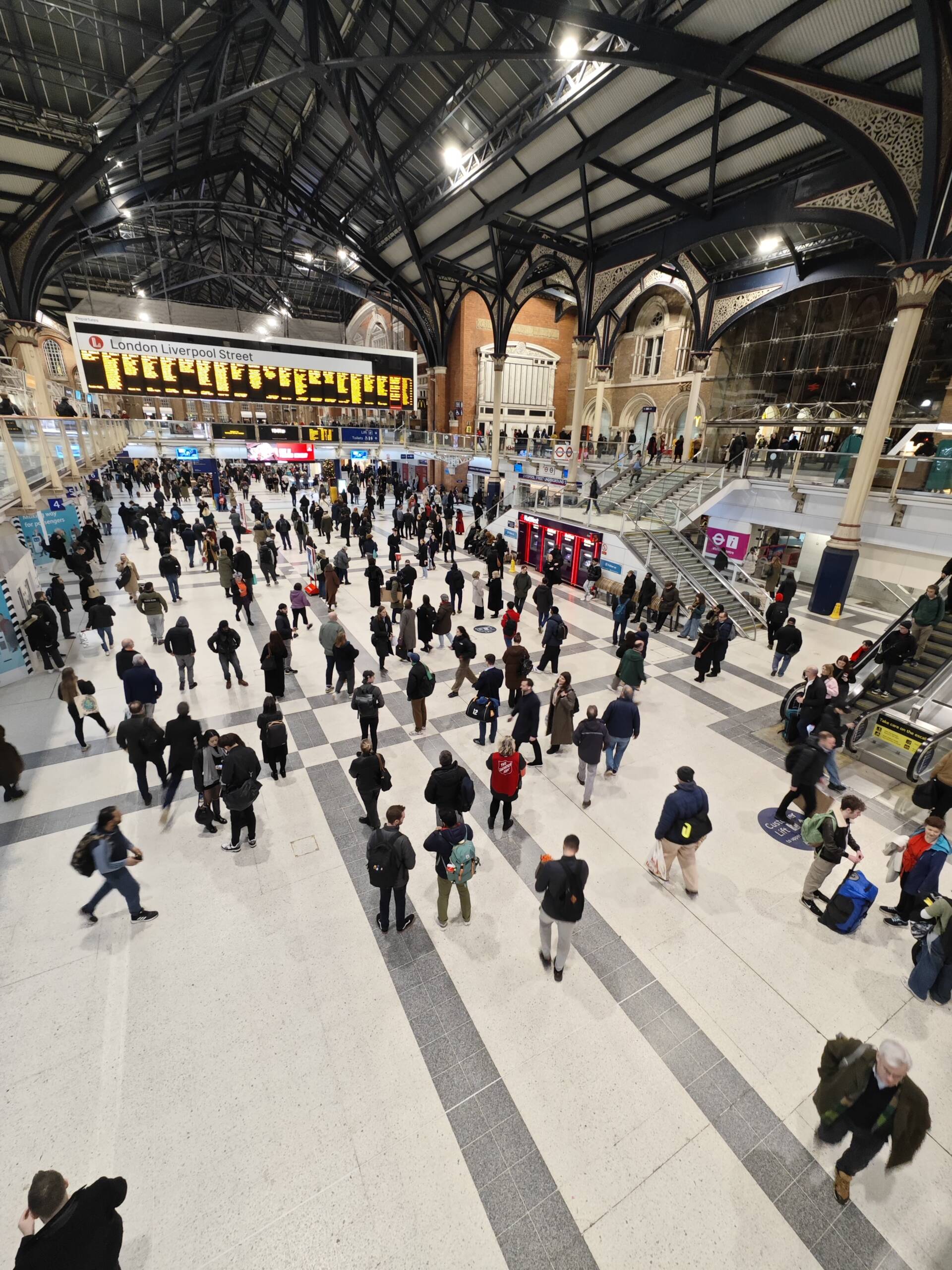
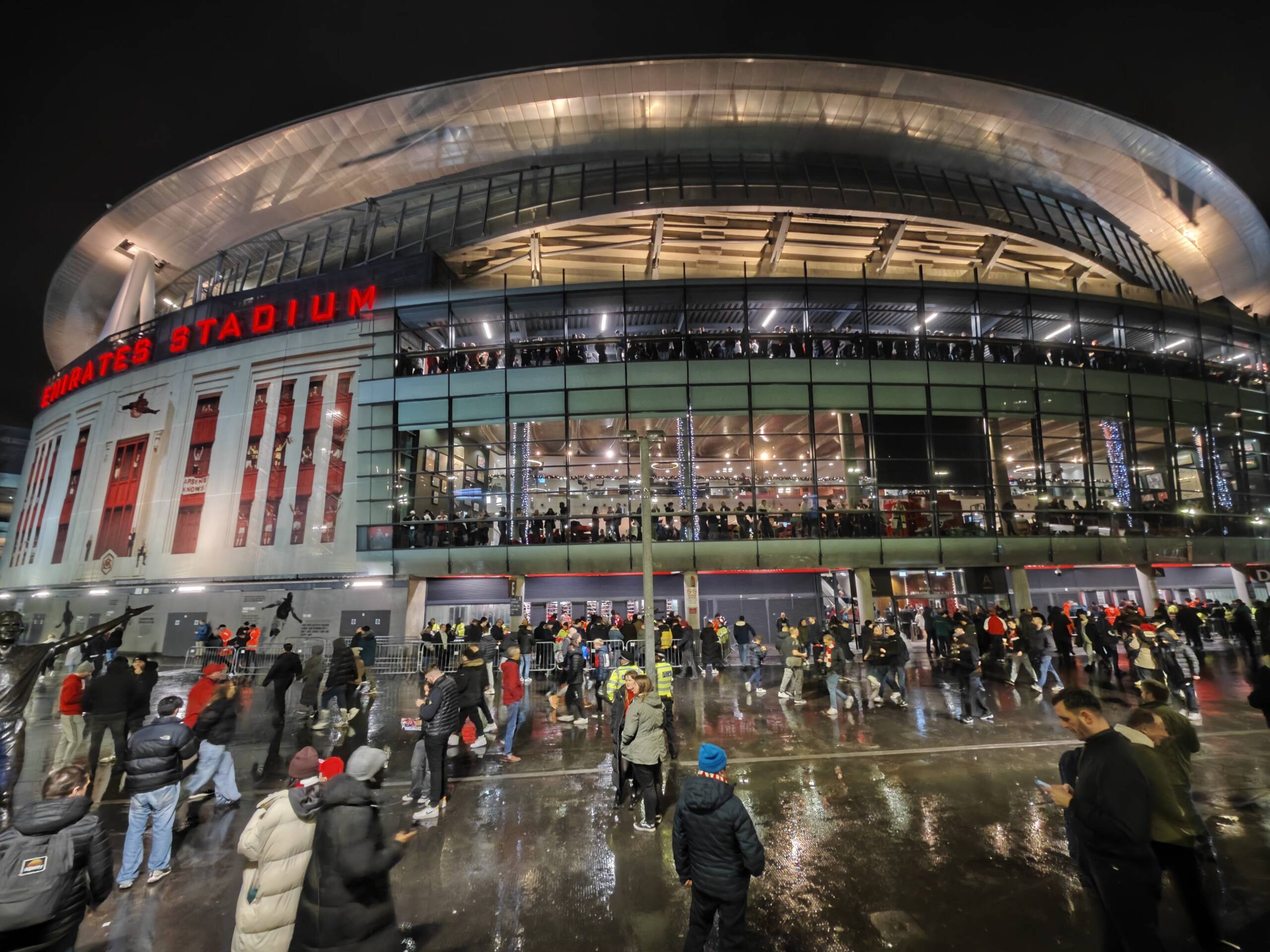


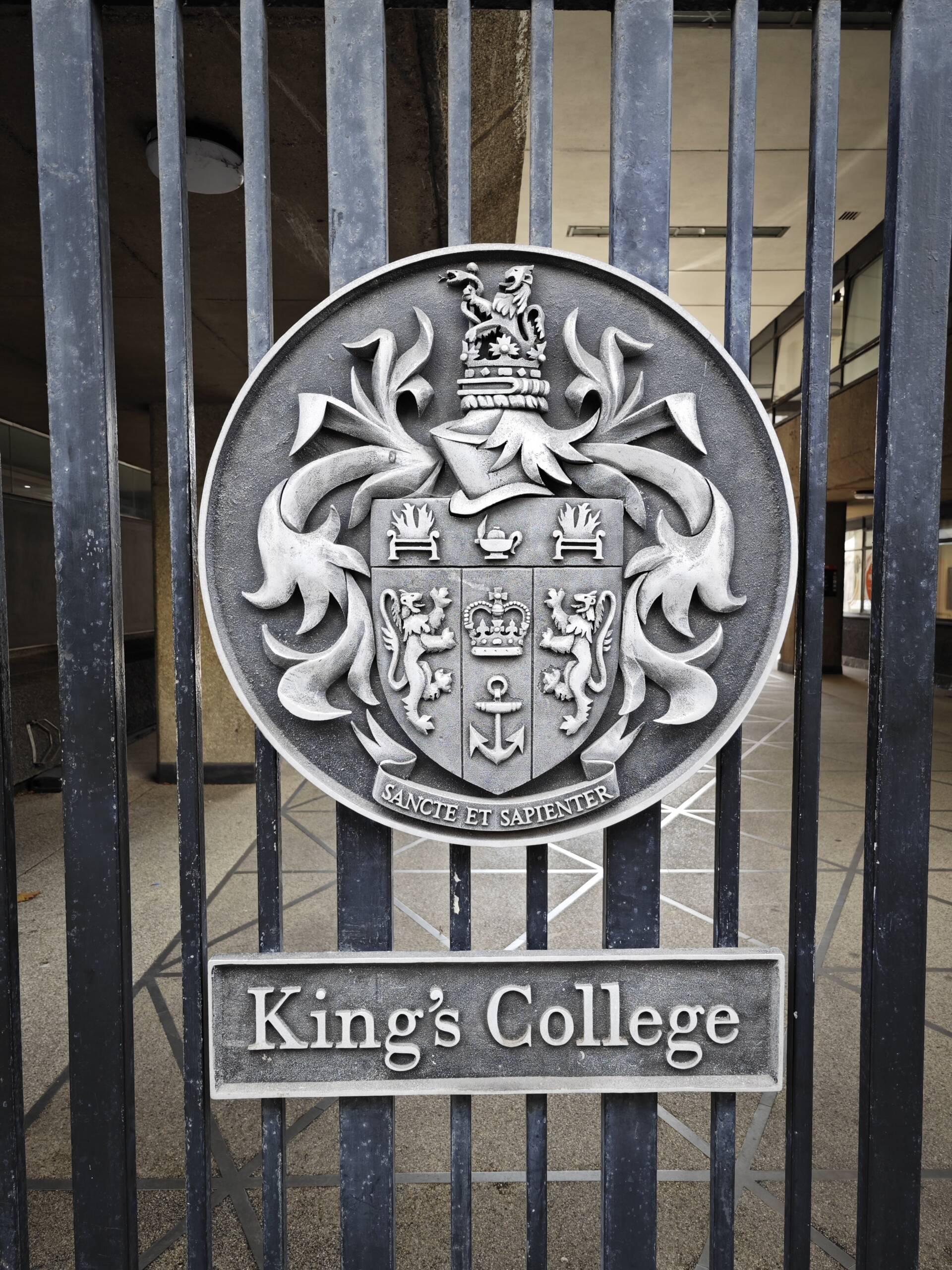
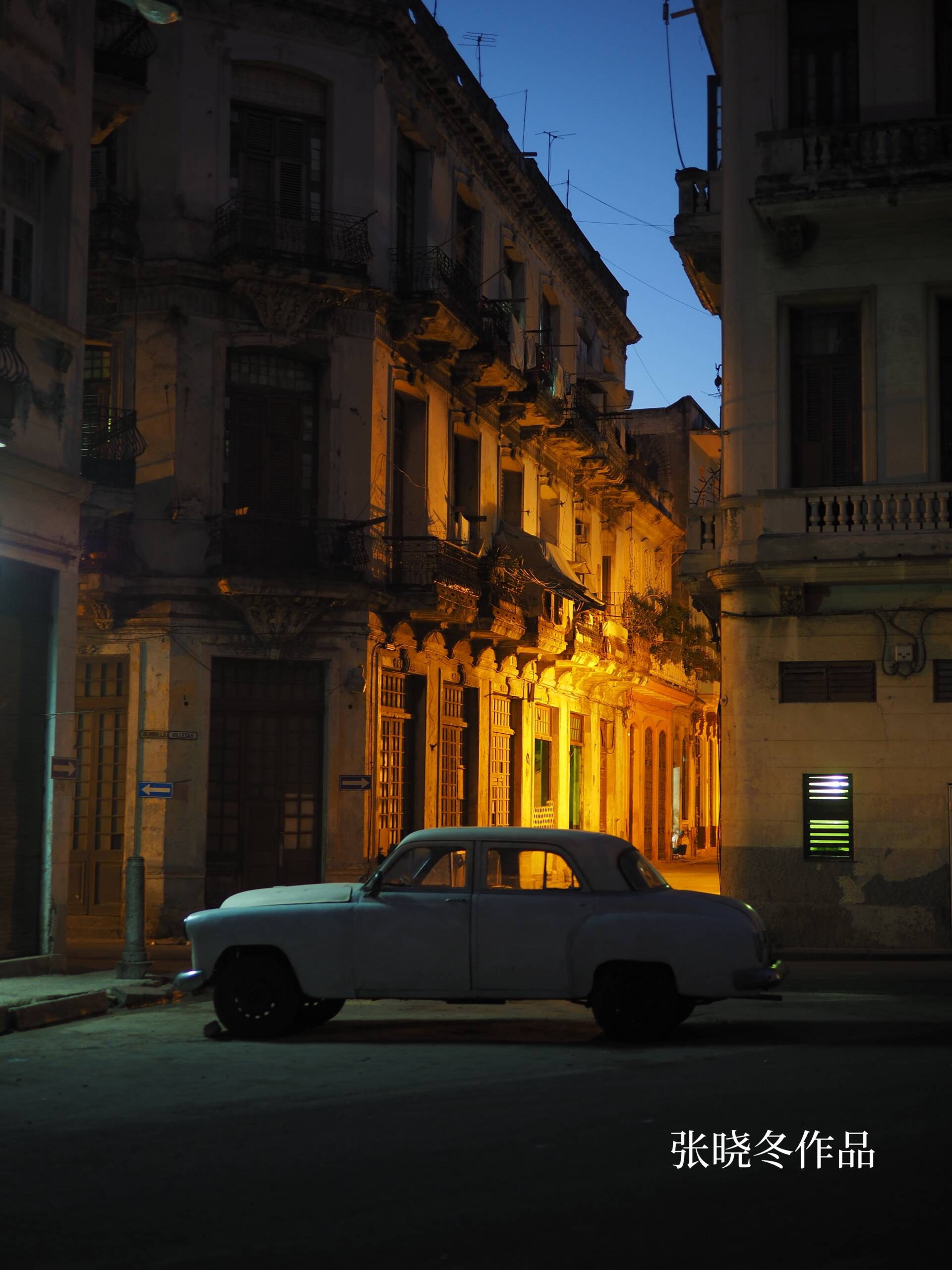
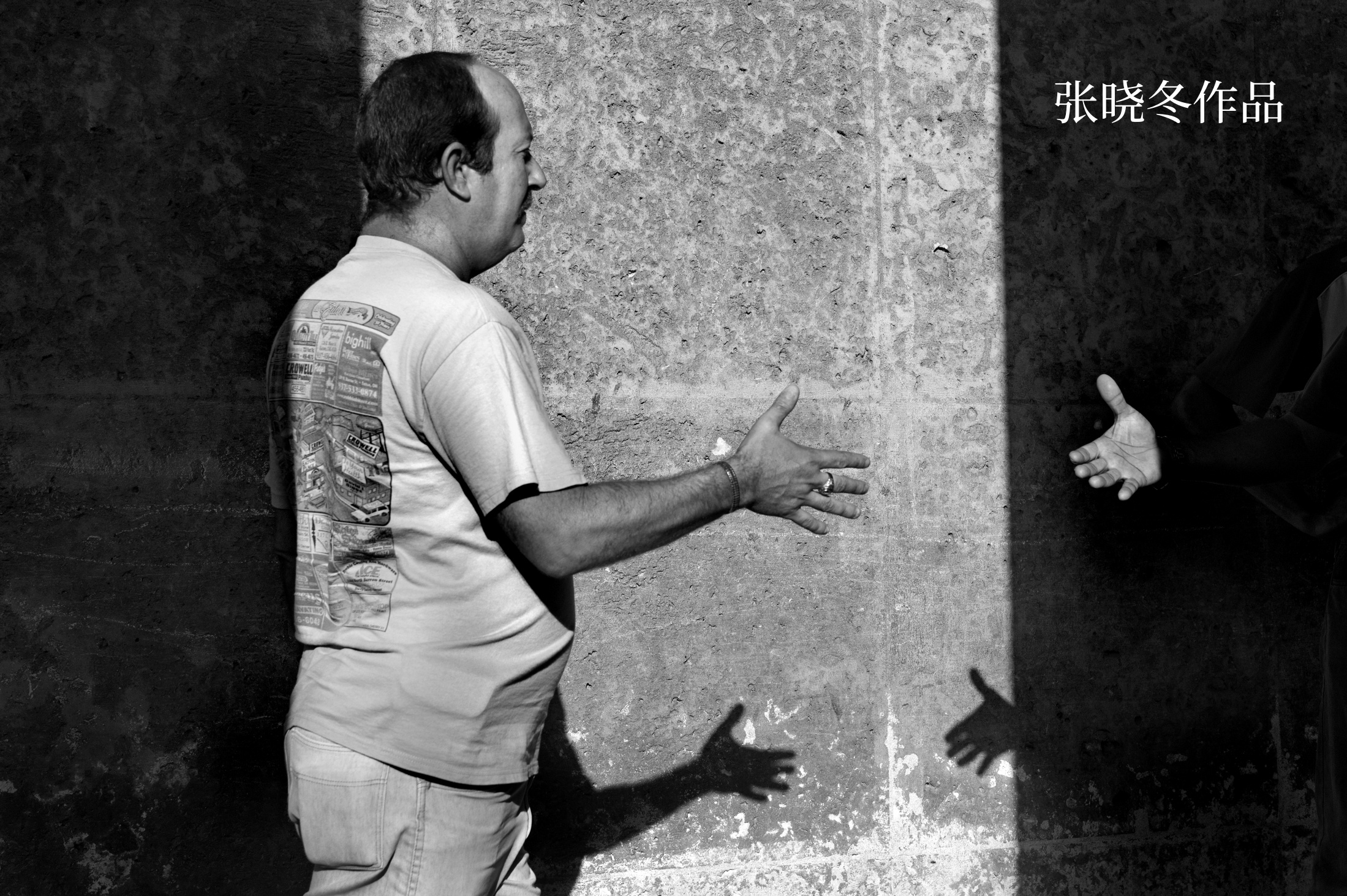
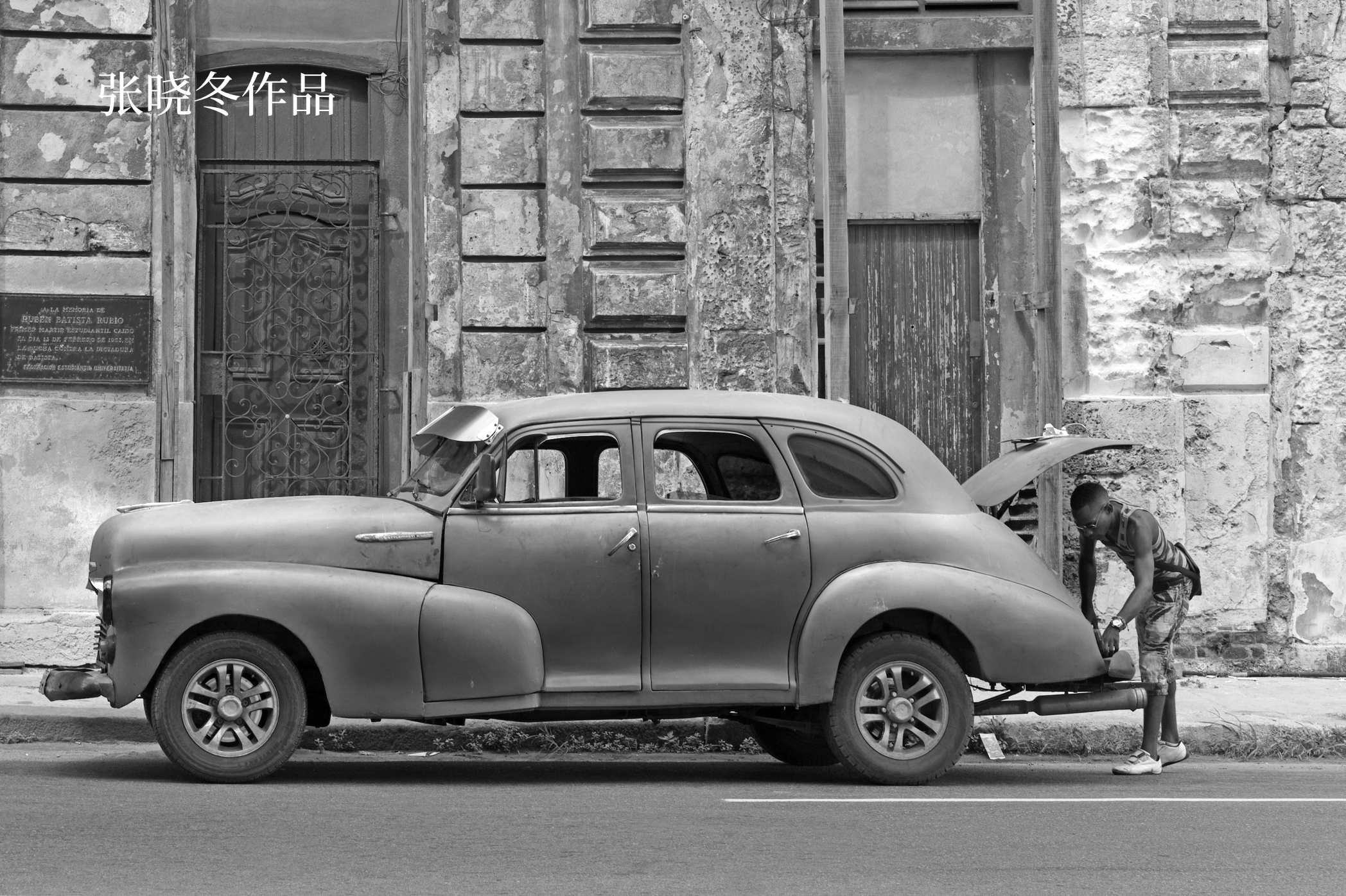
 我享受這裡的一切
我享受這裡的一切

